International Trade Secretary Liz Truss recently announced that the UK would create up to 10 freeports in the UK. She stated that they would create ‘thousands of jobs”.
“Freedoms transformed London’s Docklands in the 1980s, and free ports will do the same for towns and cities across the UK” she added.
Mr Johnson backed the creation of new free ports as a Tory leadership candidate, suggesting there should be “about six” around the country.
Freeports are a special kind of port where normal tax and customs rules do not apply either at an airport or seaport. At a freeport, imports can enter with simplified customs documentation and without paying tariffs. Businesses operating inside designated areas in and around the port can manufacture goods using the imports and add value, before exporting again without ever facing the full tariffs or procedures.
If the goods move out of the freeport into another part of the country, however, they have to go through the full import process, including paying any tariffs.
Freeports are similar to free zones, or ‘enterprise zones’, which are designated areas subject to a broad array of special regulatory requirements, tax breaks and government support. The difference is that a freeport is designed to specifically encourage businesses that import, process and then re-export goods, rather than more general business support or regeneration objectives.
Most experts argue that benefits can be very small – the the University of Sussex recently put together a report on Freeports which suggested that the major risk was displacement of jobs from nearby areas as opposed to new job creation as well as providing other conclusions on why Freeports would be of little benefit to the UK Economy. In addition to this UK firms already benefit from the process of importing raw material duty and Vat free under the Inward Processing scheme, therefore, you could argue that any firms wishing to benefit from the process already can.
The issue, therefore, should be about explaining to business what current procedures they should look at in the future to help offset any problems from loss of frictionless trade with the EU, and to help and encourage businesses to export to Non EU countries as creating expensive freeport areas is not the answer Post Brexit for the majority of firms involved in international trade.

Copyright © 2023 Independent Freight Solutions Ltd | Company number 05202892 | Terms & Conditions | Privacy Policy